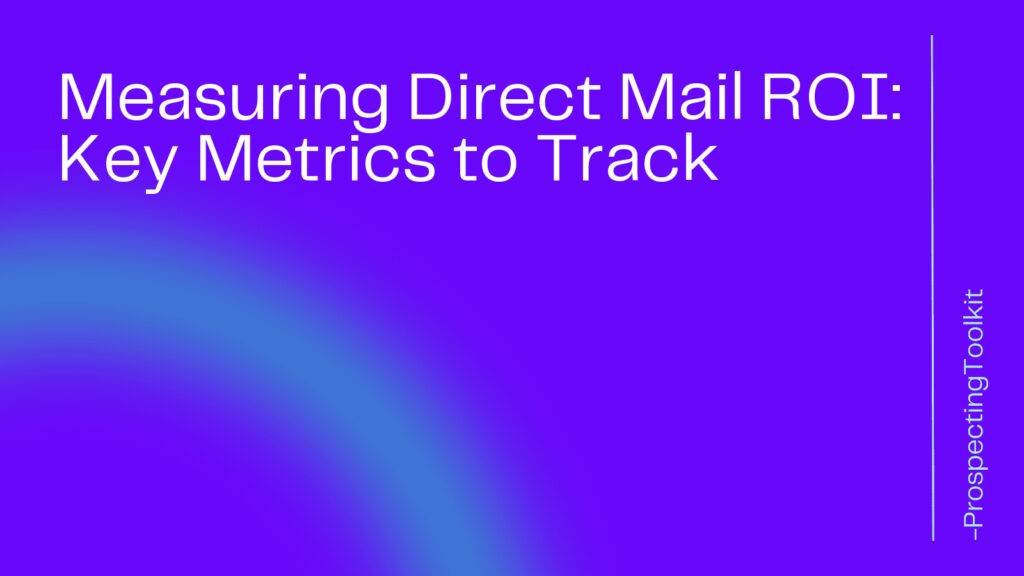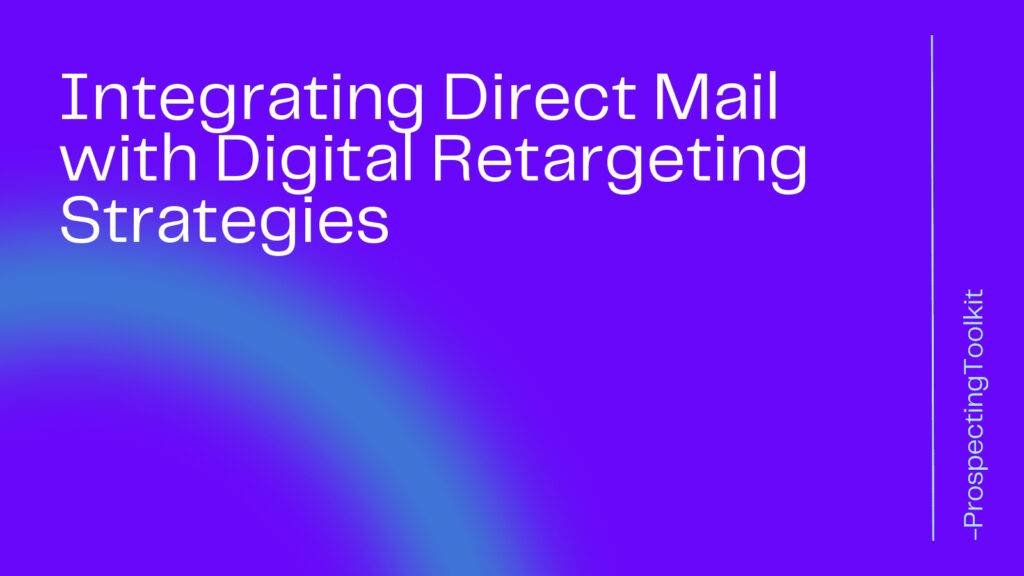Customer Relationship Management (CRM) has become an essential tool for businesses to manage their customer interactions and improve overall efficiency. As a result, the demand for CRM implementation services has skyrocketed.
If you have a passion for technology and a knack for helping businesses optimize their customer relationships, starting a CRM implementation agency can be a lucrative venture.
In this comprehensive guide, we will walk you through the step-by-step process of starting your own CRM implementation agency.
Table of Contents
Toggle1. Understanding CRM Implementation
Before diving into starting your own CRM implementation agency, it’s crucial to have a solid understanding of what CRM implementation entails.
CRM implementation refers to the process of setting up and customizing CRM software for businesses to meet their specific needs. It involves:
- Analyzing the client’s requirements
- Configuring the CRM system
- Migrating data
- Training users
- Providing ongoing support
2. Researching the Market
To ensure the success of your CRM implementation agency, it’s essential to conduct thorough market research. Here are some steps to follow:
- Identify your target market
- Analyze the competition
- Understand the current trends and demands in the CRM industry
This research will help you:
- Identify gaps in the market
- Position your agency accordingly
3. Defining Your Niche
Differentiate your CRM implementation agency by defining a niche. Instead of offering generic CRM services, specialize in a specific industry or CRM software. Consider the following:
- Healthcare
- E-commerce
- Specific CRM platforms like Salesforce or HubSpot
This specialization will help you:
- Establish yourself as an expert
- Attract clients who are looking for tailored solutions
4. Building Your Team
Assembling a skilled and dedicated team is crucial for the success of your CRM implementation agency. Look for professionals with experience in:
- CRM implementation
- Software development
- Project management
- Customer support
Ensure that your team members are certified in relevant CRM platforms to provide high-quality services to your clients.
5. Setting Up Your Agency
To legally operate your CRM implementation agency, you need to take care of certain administrative tasks. Here’s what you need to do:
- Register your business
- Obtain the necessary licenses and permits
- Set up a professional office space
Invest in the right technology infrastructure, including:
- CRM software
- Project management tools
- Communication systems
6. Developing Your Service Offerings
Create a comprehensive range of service offerings that cater to the needs of your target market. These services may include:
- CRM system setup
- Customization
- Data migration
- User training
- Integration with other software
- Ongoing support and maintenance
Tailor your service packages based on the size and requirements of your clients.
7. Marketing and Promoting Your Agency
To attract clients to your CRM implementation agency, you need to invest in effective marketing strategies. Here are some tactics to consider:
- Develop a professional website that showcases your expertise and highlights your success stories.
- Implement search engine optimization (SEO) techniques to improve your online visibility.
- Utilize content marketing, social media marketing, and email marketing to reach your target audience.
- Use cold email, LinkedIn, and Instagram cold DMs to find new potential clients.
8. Managing Client Relationships
Building strong and long-lasting client relationships is crucial for the growth of your CRM implementation agency. Here’s how you can do it:
- Communicate regularly with your clients
- Understand their needs and provide personalized solutions
- Offer exceptional customer support and address any issues promptly
- Encourage client feedback and testimonials to build credibility and attract new clients
9. Scaling Your Agency
As your CRM implementation agency grows, it’s important to have a scalable business model. Consider the following:
- Hire additional team members as needed
- Invest in automation tools to streamline processes
- Continuously improve your service offerings
- Explore partnerships with CRM software vendors and other complementary service providers to expand your reach
10. HighLevel as a CRM
HighLevel stands out as an exceptional Customer Relationship Management (CRM) solution, making it an ideal choice for CRM implementation agencies.
Its robust and user-friendly platform empowers agencies to streamline their processes efficiently.
HighLevel’s intuitive interface and comprehensive features, including lead generation, pipeline management, and communication tools, enhance the efficiency of CRM implementation agencies.
Frequently Asked Questions (FAQ)
How much does it cost to start a CRM implementation agency?
Starting a CRM implementation agency can vary in cost depending on factors such as office space, technology infrastructure, and team salaries. It is recommended to have a budget of at least $50,000 to cover initial expenses.
How long does it take to implement a CRM system?
The duration of CRM system implementation can vary depending on the complexity of the project and the size of the organization. On average,it takes around 3-6 months to fully implement a CRM system.
What are the benefits of hiring a CRM implementation agency?
Hiring a CRM implementation agency offers several benefits, including:
- Expertise: CRM implementation agencies have specialized knowledge and experience in setting up CRM systems, ensuring a smooth and efficient implementation process.
- Time and Cost Savings: Outsourcing CRM implementation allows businesses to focus on their core operations while the agency handles the technical aspects, saving time and reducing costs.
- Customization: CRM implementation agencies can tailor the CRM system to meet the specific needs of the business, maximizing its effectiveness.
- Ongoing Support: Agencies provide ongoing support and maintenance, ensuring that the CRM system continues to function optimally.
How do I choose the right CRM software for my business?
Choosing the right CRM software for your business depends on several factors, including:
- Business requirements: Identify the specific features and functionalities you need in a CRM system to meet your business goals.
- Scalability: Consider the future growth of your business and choose a CRM software that can scale accordingly.
- Integration: Ensure that the CRM software can integrate with other tools and systems you use in your business.
- User-Friendliness: Opt for a CRM software that is intuitive and easy to use for your team members.
How can I measure the success of CRM implementation?
Measuring the success of CRM implementation can be done through various metrics, including:
- Increased customer satisfaction: Monitor customer feedback and satisfaction levels to gauge the impact of the CRM system on customer relationships.
- Improved sales and revenue: Track sales performance and revenue growth after implementing the CRM system.
- Enhanced productivity: Measure the efficiency and productivity of your team members by analyzing their workflow and task completion rates.
- Reduction in manual tasks: Evaluate the automation capabilities of the CRM system and quantify the time saved by automating manual processes.
Conclusion
Starting a CRM implementation agency requires careful planning, market research, and a deep understanding of CRM systems.
By following the steps outlined in this guide, you can establish a successful agency that helps businesses optimize their customer relationships.
Remember to continuously adapt to the evolving CRM landscape and provide exceptional service to your clients. Good luck on your journey to becoming a leader in CRM implementation!







